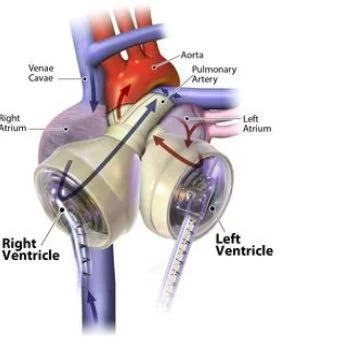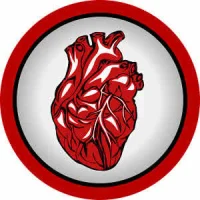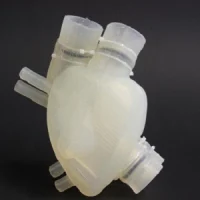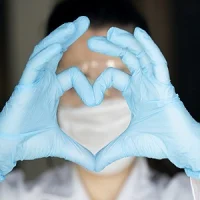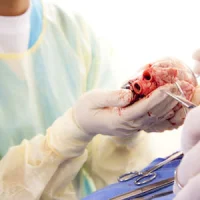A 44-year-old woman is the first person in California to receive a successful heart transplant at Ronald Reagan UCLA Medical Centre. She received the experimental Total Artificial Heart designed for smaller patients.
The 50cc SynCardia temporary Total Artificial Heart is a smaller investigational version of the larger 70cc SynCardia heart, which was approved for use in people awaiting a transplant by the FDA in 2004 and has already been used by more than 1,440 patients worldwide. The UCLA Heart Transplant Program has implanted eight 70cc SynCardia Total Artificial Hearts since 2012 and has also participated in the clinical study of a 13.5-pound Freedom portable driver that powers the artificial heart and allows patients to leave the hospital.
This new device, designed for smaller patients with end-stage biventricular heart failure, provides mechanical support till a donor heart is found for the patient.
Nemah Kahala suffered from restrictive heart muscle disease. She was in critical condition and her heart failure was at an advanced stage where repair surgery and other mechanical assist devices were not expected to help. She was on extra corporal membrane oxygenation which usually works for around ten days after which a person’s organs begin to deteriorate.
While Kahala waited for a heart transplant, doctors replaced her failing heart with an artificial heart but since her heart cavity was too small for the 70cc artificial heart, under a one-time emergency use permitted by FDA guidelines, Kahala’s doctors implanted the experimental 50cc device.
"Mrs. Kahala's condition was deteriorating so rapidly that she would have not survived while waiting for a transplant," said her surgeon, Dr. Abbas Ardehali, a professor of cardiothoracic surgery and director of the UCLA Heart and Lung Transplant Program. "We were grateful to have this experimental technology available to save her life and help bridge her to a donor heart."
After a two-hour surgery, the artificial heart was implanted. The patient remained hospitalised in the ICU but began daily physical therapy soon to help become stronger after the surgery. The artificial heart provides an immediate and safe flow of blood to the vital organs enabling them to recover faster and make patients better transplant candidates. Kahala was strong enough to be placed on the heart transplant list only after two weeks and found a donor heart after one week of waiting.
Dr. Mario Deng, professor of medicine and medical director of the Advanced Heart Failure, Mechanical Support and Heart Transplant program at UCLA highlighted the role ‘Relational Medicine” played in Kahala’s quick recovery. She had a solid support system with both loved ones and a compassionate medical team. Kahala was discharged from UCLA on April 18 and is now back at home in Riverside.
The FDA however cautions that the 50cc SynCardia temporary Total Artificial Heart is an investigational device and is limited to investigational use. UCLA plans to start enrolling patients in the 50cc TAH FDA-approved clinical study in the near future.
Source: University of California, Los Angeles (UCLA), Health Sciences
Image Credit: University of California, Los Angeles (UCLA), Health Sciences





